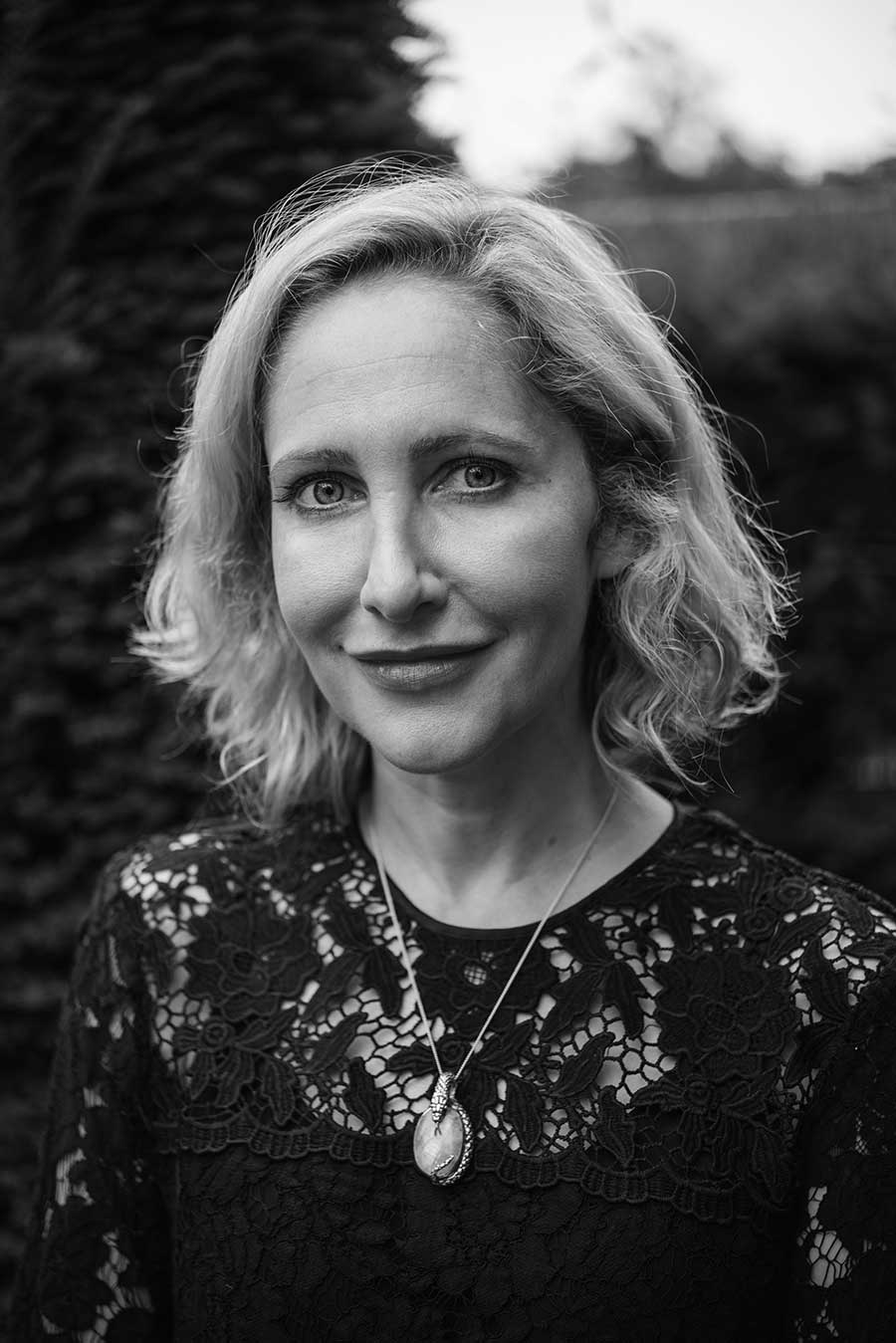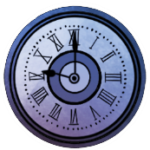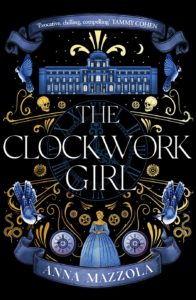From Idea to Bookshelf
How does a novel move from idea in the author’s head to finished product?
This the first in a series of posts I’ll be doing on how a book is created.
STEP 1: THE WRITER

Brief bio
I’m a writer of historical thrillers and Gothic fiction. My debut novel, The Unseeing, is based on a real woman convicted of murder in 1837 and won an Edgar Allan Poe award. My second novel, The Story Keeper, features dark folklore and stolen girls on the Isle of Skye in 1857. My third novel, The Clockwork Girl, set in Paris in 1750, is out on 3 March 2022. I’m also a human rights and criminal justice solicitor, working with victims of crime. I live in South London with two children, two reptiles, one cat and one husband.
How did you become a writer?
Like most writers, I’ve always loved books, and I studied English Literature at university, but I only really started writing while I was on maternity leave with my first child. I did a Beginner’s Course with Literary Kitchen, which got me writing short stories, and – most importantly – got me into the writing habit. I often wrote while my son was asleep. One of the short stories eventually became my debut novel, The Unseeing. I completed the book while doing The Novel Studio course at City University and was lucky to sign up shortly after that with literary agent Juliet Mushens.
How did you get the idea for The Clockwork Girl?
It came partly by my fascination with automata and the uncanny. I’ve always been interested in, and slightly horrified by, automata, moving dolls and creatures. I decided to set my story in 18th century Paris, as that was one of the centres of excellence for automata in that era. While researching the era, I came across the scandal of the vanishing children of Paris. When boys and girls began to go missing from the streets in 1750, various theories sprung up as to who or what might be taking them. Some believed the police were using them to extract ransom money. Others thought something far darker was at work. I used those dark myths or urban legends to create my own story, about the value of human life.

How did you write The Clockwork Girl and how long did the process take?
It was a rather long process, partly, I think, because I wrote it out of contract, partly because I was working and looking after small children! I came up with the vague idea for the novel as far back as 2017, then spent months researching and doing a detailed plan, before doing a first draft for my agent. I rewrote the novel for her twice – to make it tighter and twistier – before we sent it out on submission to editors during lockdown in 2020. So at least three years of researching, planning, writing and rewriting. My fourth novel has been rather quicker.
What advice would you give someone trying to get published?
Finish the book. If you do that, you’re away ahead of most aspiring writers. You don’t need to have the ideal writing space, or a clear six months. You just need to make time to cram in some writing, even if it’s only half an hour a day on the way to work. And read a lot. Read everything. Work out what’s being published and acquired. Don’t write for the market, but at least know what the market is doing. And make some good writing friends. Because publishing can be a tough and arbitrary business, and you need people who’ll understand and support you.

Check out Step 2: The Literary Agent…
